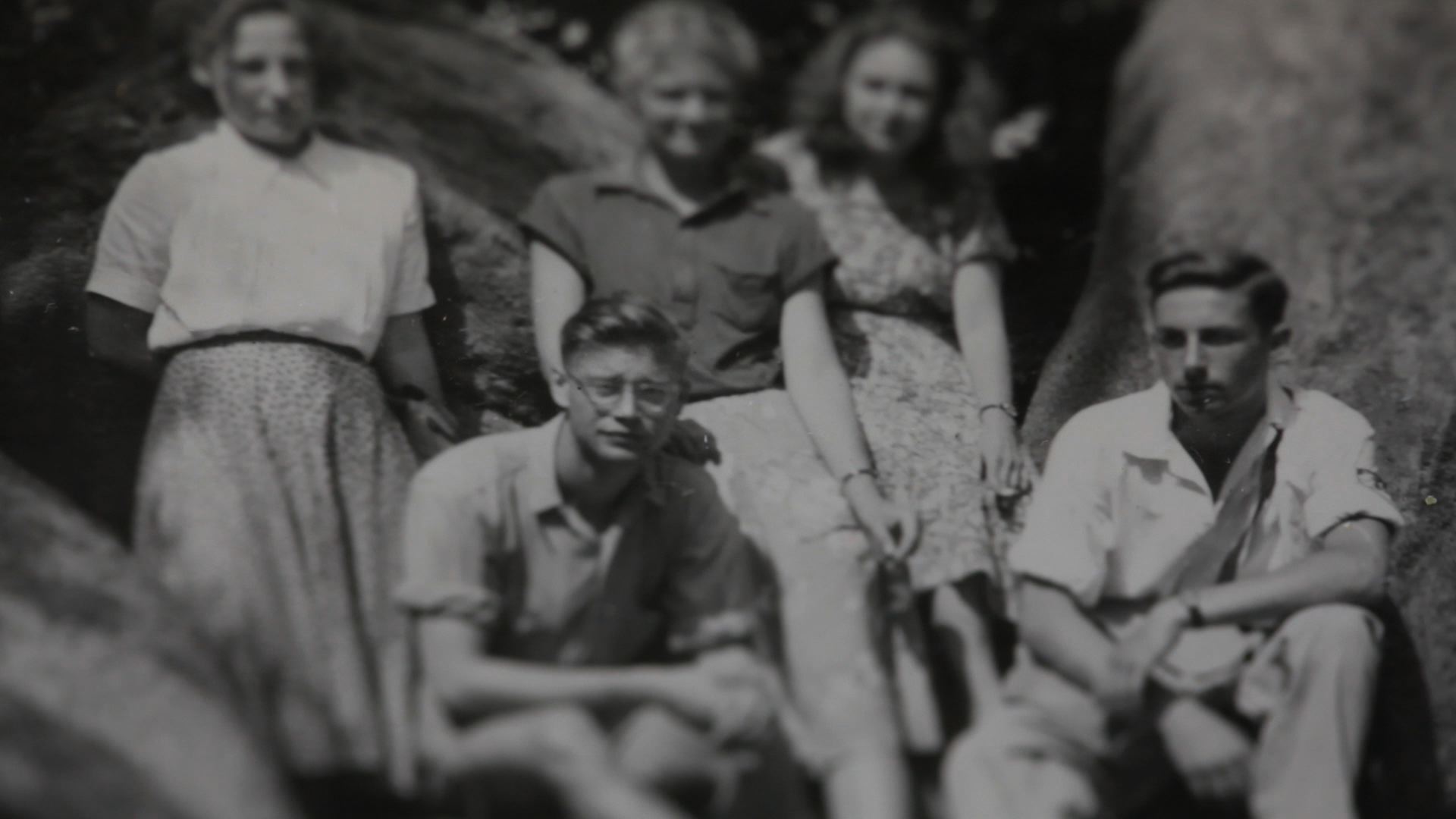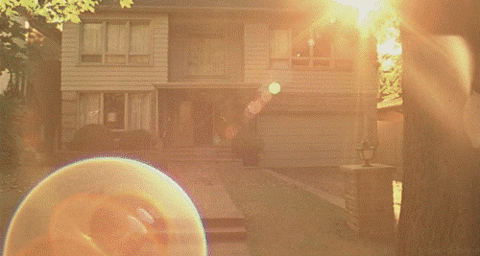 Originally published on International Film Festival Rotterdam blog
Originally published on International Film Festival Rotterdam blog
Maricke Nieuwdorp: How would you describe your film in short?
Mike: It’s a sentimental journey, a family portrait made shortly after my father’s death. As Dutch filmmaker Fred Pelon told me more than once (a man so notorious he was forced to change his name after his retirement) as we grow older, we become our fathers. I didn’t make this movie to describe my father, but to become him.
Maricke: How does it fit into your body of work?
Mike: I have been wrestling, like Jacob and the angel, with fathers of various kinds for many years. Not only the French theory gods, or Marguerite Duras and Anne Carson, Claudia Rankine and Maggie Nelson (how many women have been my father?), but conversational asides, casually dropped sentences, edicts and demands. The IFFR is also a father of course.
Maricke: What makes a short special as a genre? Some film lovers would skip shorts for longer versions. What would they miss in your opinion?
Mike: All of the earliest movies were short, along with some of the latest. Many of the best movies are short, who would want to miss out on that? Would you stop talking to your best friend if they were short?
The short film is the form of today. Our attention spans, our moments of travel, texting, shopping, buying and selling each other. Our screen life, our fragmented dreams and fragmented breakfasts. We are living short films now.
Maricke: What can you say about your fellow competitors?
Mike: Well, we’re not competing, or at least, some of us never lined up for the race, we’ve been too long on the sidelines of the sidelines, the margins, the fringe.
I had to see Gulyabani by Gurcan Veltek twice because it is a stunning thing, with rapturous camera work, a powerful driving narrative voice and bravura sound. If I had only seen this one movie, it would be enough. But there were more. I think Interbeing by Martha Hoogland Ivanow impresses with its dreamy thermal imaging, its haptic deliriums. The Cup Is Already Filling Up by Debora Elgeholm delivers an abbreviated archive of religious transport, those beautiful faces lifted to the skies. And Cauleen Smith’s new joint is an urban/desert masque that reminded me that it was possible to start over, that cinema is always starting over, in order to find its way again.
Maricke: How would you describe being here with your film in Rotterdam at the festival? How’s the response from viewers, both professional and regular audience for instance?
Mike: In between chronic fatigue, a swooning fever and persistent social anxiety it feels like home, like I’m back with a family whose members keep changing. That’s already a dream come true.
Our irregular movies create irregular audiences. Don’t you find?
The rule at festivals is that the artist is the very last person to hear the truth about their work. Only well wishers come forward, any hint of discouragement or critique is levelled outside the frame ensuring a happy state of temporary delusion.
